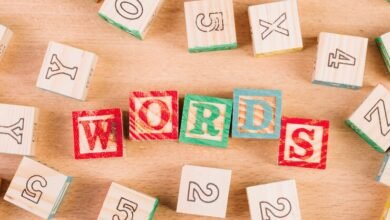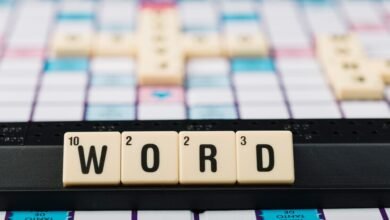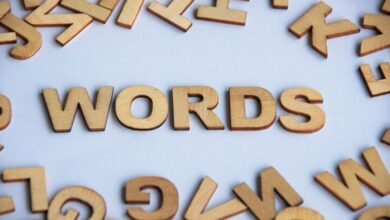Unlocking the Secrets of crossword Clues: A Guide
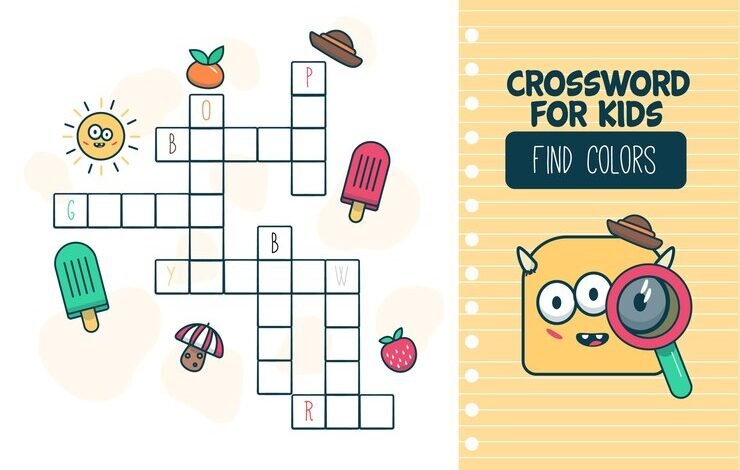
The Allure of crossword clues
Crossword puzzles have captivated word lovers and puzzle enthusiasts for decades. They are more than just a pastime; they are a mental workout that challenges your vocabulary, general knowledge, and problem-solving skills. Whether you’re a seasoned solver or a beginner, the art of cracking crossword clues is an engaging and rewarding experience.
Why Understanding Crossword Clues is Crucial
The key to solving any crossword puzzle lies in deciphering its clues. Without a solid grasp of how clues work, even the simplest puzzles can become frustrating. Understanding the nuances of crossword clues will elevate your solving skills and enhance your enjoyment of the game. This guide will walk you through the different types of clues, strategies for decoding them, and the importance of expanding your vocabulary and knowledge base.
Types of Crossword Clues
Direct Clues
Direct clues are straightforward and often the easiest to solve. They provide a clear definition or description of the answer. For example, “Capital of France” would directly lead you to “Paris.” These clues are a great starting point for beginners and can help build confidence.
Indirect Clues
Indirect clues require a bit more thought and often involve synonyms or related concepts. For instance, the clue “Feline pet” would lead you to “cat.” These clues encourage you to think outside the box and consider different ways to describe the same thing.
Cryptic Clues
Cryptic clues are the most challenging type of crossword clue. They often contain a hidden meaning or wordplay that you need to decode. For example, “Man’s best friend has a bark but no bite (3 letters)” would lead you to “log,” as a log has bark (tree bark) but can’t bite. Cryptic clues are a favorite among advanced solvers and add an extra layer of fun to the puzzle.
Decoding Difficult Crossword Clues
Wordplay
One of the most enjoyable aspects of solving crossword puzzles is the wordplay involved. Puns, anagrams, and homophones are common techniques used in clues. For example, a clue like “Silent actor (4 letters)” could lead you to “mime,” as mimes perform silently. Recognizing these patterns can make even the trickiest clues solvable.
Common Patterns
Crossword constructors often use specific patterns and conventions in their clues. For instance, a clue ending in a question mark usually indicates a pun or playful language. Another common pattern is the use of abbreviations, such as “U.S. state (2 letters)” leading to “AL” for Alabama. Familiarizing yourself with these patterns can significantly improve your solving speed and accuracy.
Contextual Hints
Sometimes, the surrounding crossword clues and the overall theme of the puzzle can provide valuable hints. If you’re struggling with a particular clue, look at the intersecting words and see if they offer any letters that can help you deduce the answer. Additionally, themed puzzles often have a unifying concept that can guide you toward the correct solutions.
Expanding Your Vocabulary and Knowledge crossword clues
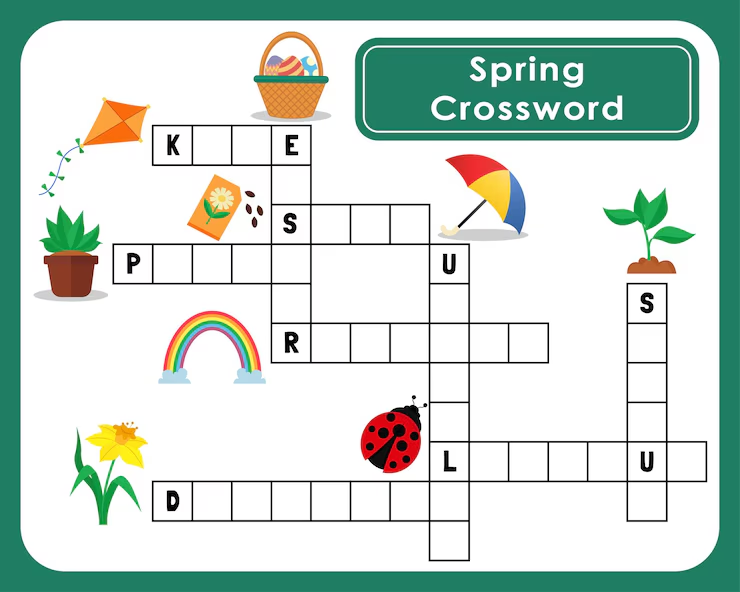
Read Widely
A broad vocabulary and a wealth of general knowledge are essential tools for any crossword solver. Reading widely, from novels to news articles, can expose you to new words and concepts. The more you know, the easier it will be to tackle diverse crossword clues.
Learn from Mistakes
Don’t be discouraged by mistakes; they are valuable learning opportunities. Review the puzzles you couldn’t complete and study the solutions. Understanding where you went wrong will help you avoid similar pitfalls in the future.
Use Flashcards
Flashcards are a practical way to memorize new words and their meanings. Create a set of flashcards with challenging words you encounter in crossword puzzles. Regularly reviewing these cards will reinforce your vocabulary and make solving future puzzles more manageable.
Tools and Resources for crossword clues Enthusiasts
Online Databases
There are numerous online databases dedicated to crossword puzzles. Websites like Crossword Solver and OneLook allow you to search for words based on clues and patterns. These tools can be invaluable when you’re stuck on a particularly challenging clue.
Community Forums
Joining a community of fellow crossword enthusiasts can provide support, tips, and insights. Websites like Reddit have active crossword forums where members share solving strategies and discuss tricky clues. Engaging with these communities can enhance your skills and make the puzzle-solving experience more enjoyable.
Crossword Apps
Several apps are designed specifically for crossword solvers. Apps like the New York Times Crossword and Crossword Unlimited offer a wide range of puzzles to suit all skill levels. These apps often include helpful features like hints and error-checking, making them excellent resources for both beginners and advanced solvers.
The Evolution of crossword clues
Early Beginnings
Crossword puzzles have come a long way since their inception in the early 20th century. The first crossword puzzle, created by Arthur Wynne, appeared in the New York World newspaper in 1913. It was a simple word grid, but it sparked a craze that quickly spread across the globe.
Modern Trends
Today’s crossword puzzles are more sophisticated and varied than ever before. Modern constructors experiment with different themes, formats, and clue styles to keep solvers on their toes. Cryptic crosswords, which originated in the UK, have gained popularity worldwide, adding a layer of complexity and intrigue to the puzzle scene.
Innovations
Technology has also played a significant role in the evolution of crossword puzzles. Digital platforms have made puzzles more accessible and interactive. Features like auto-check, timers, and online leaderboards have added new dimensions to the solving experience, appealing to a broader audience.
The Joy of Mastering Crossword Clues
Mastering the art of solving crossword clues is not only a rewarding intellectual exercise but also a source of immense personal satisfaction. Each solved puzzle is a testament to your growing vocabulary, problem-solving skills, and perseverance. Whether you’re a casual solver or a dedicated enthusiast, the joy of cracking crossword clues is unparalleled.
Final Thoughts
Crossword puzzles are more than just a hobby; they are a mental challenge that sharpens your mind and expands your knowledge. By understanding the different types of clues, employing effective solving strategies, and continually broadening your vocabulary, you can become a proficient crossword solver. So grab a pencil, open your favorite crossword app, and start solving!
Would you like to take your crossword-solving skills to the next level? Sign up for our newsletter for weekly puzzle tips, updates, and exclusive access to new crossword puzzles. Join our community of passionate solvers today!

